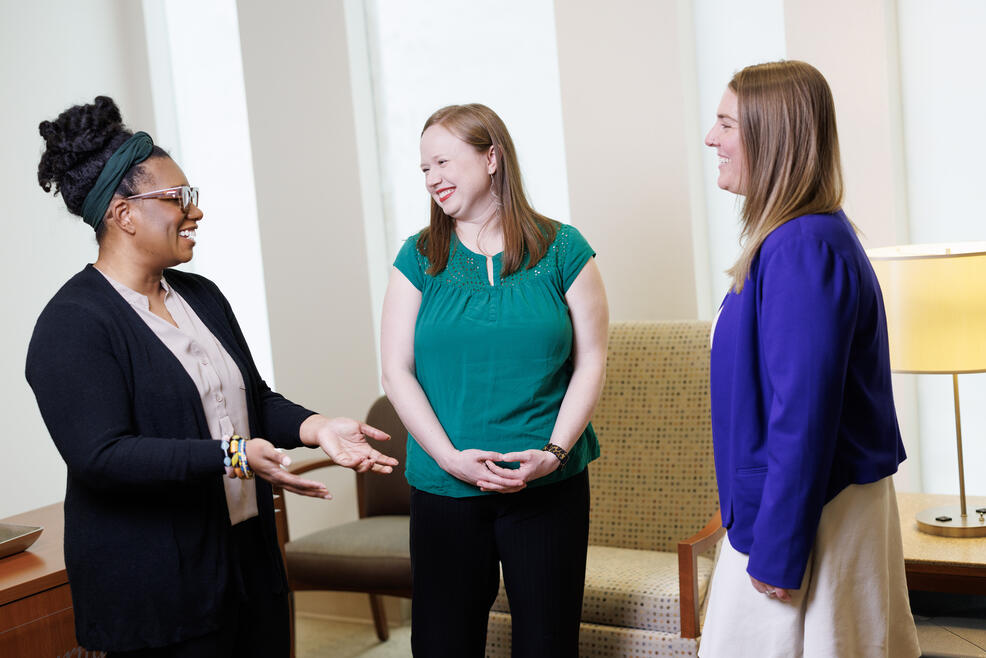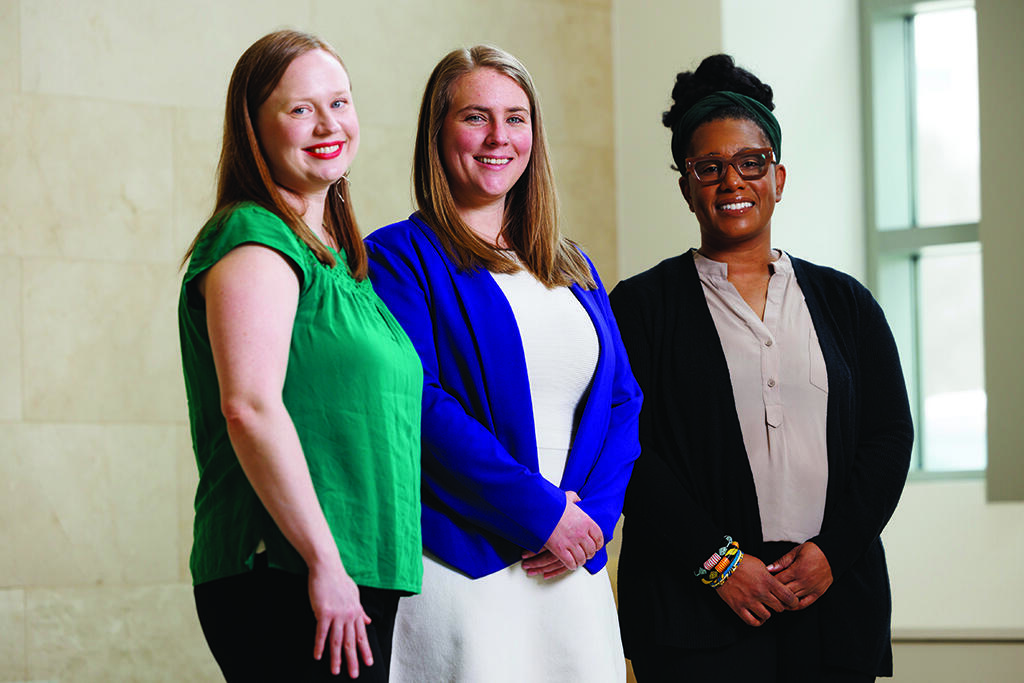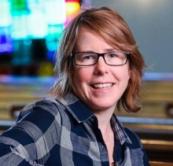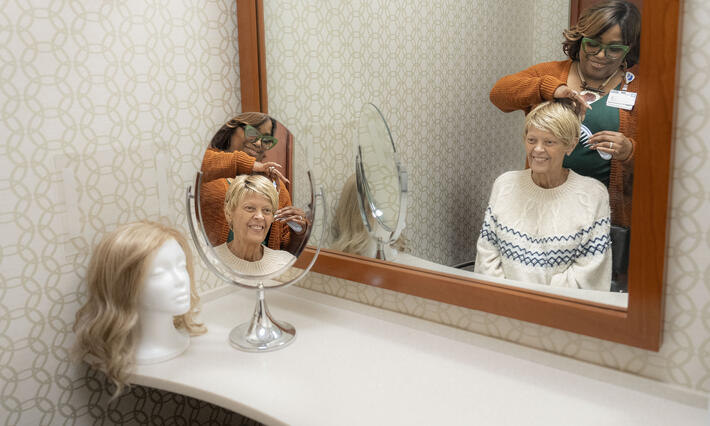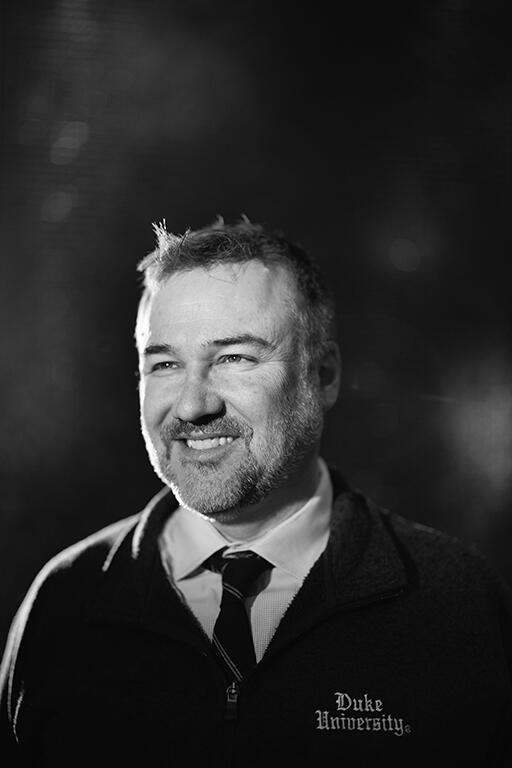
James Davis, MD, was a third-year medical student when he realized he wanted to help people beat tobacco addiction. On his first night working in the hospital, he was called to the emergency room to see a patient he had previously admitted to the inpatient unit for chronic obstructive pulmonary disease. “I walked in, and her face had turned black with ash,” Davis said. “At first, I had no idea what had happened.” Then he realized that she had lit a cigarette while using high-flow oxygen, and it had exploded.
Davis had gotten to know this patient, spending an hour conducting her history and physical. “She struck me as someone who was bright and capable. She was educated, had a career, and a family who loved her. But her tobacco addiction was so strong that she risked doing something dangerous to smoke a cigarette,” he said. “That experience was a wake-up call that it doesn’t matter how smart, well-adjusted, or successful you are. Addiction is an innate biological vulnerability, and it can impact anyone.”
Today, he leads one of the largest smoking cessation programs in the United States: Quit at Duke. This team of 12 specially trained providers helps more than 6,000 people each year.
In 014, Steven Patierno, PhD, deputy director of Duke Cancer Institute (DCI) recruited Davis to Duke to start a smoking cessation program for cancer patients. The team has since expanded it to serve all patients at Duke University Health System. “Drs. Steve Patierno, Mike Kastan, Cheyenne Corbett and others at DCI have provided the support necessary to turn this into a world-class smoking cessation program.” Davis said.
Today, with the health dangers of cigarettes undisputed, most people who smoke have tried many times to quit but can’t. “They need more than a patch and a pep talk,” said Davis, associate professor of medicine. Cancer patients who smoke are often fighting for their lives. “If we’re going to ask them to quit smoking during one of the most the stressful periods of their lives, we better give them some highly effective tools,” he said.
“Dr. Davis is very excited about what he does, and that is infectious,” said Quit at Duke program manager Jillian Dirkes, MSW, LCSW. “He always has energy and excitement to say, ‘Let’s find a new way to do this.’ That energy passes along to the rest of the team.”

